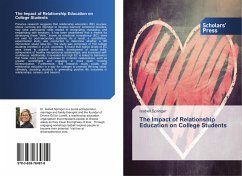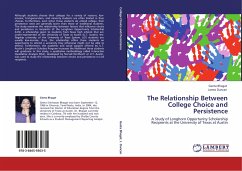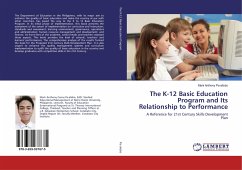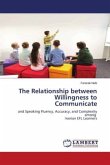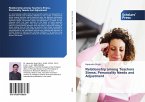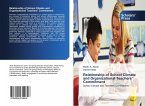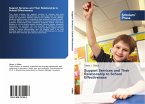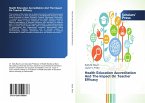Previous research suggests that relationship education (RE) courses, whose curricula are intended to develop learners' emotional faculties, may raise participants' skills related to recognizing, managing, and empathizing with emotions. It has been ascertained that a means for developing these "skills," known as emotional competence (EC), does not exist for post-secondary students. As a result, a quantitative, experimental study was conducted to determine whether a RE intervention would raise EC. The study was comprised of 100 college students enrolled in a U.S. university. It found that higher levels of EC were linked to positive outcomes, development of social skills, achievement of healthy interpersonal relationships, and increased self-confidence. Additionally, it revealed that high EC is linked to behaviors that foster more positive outcomes for romantic relationships, such as greater commitment and engaging in more open, trusting communication. Furthermore, this research study posits that relationship education is a way for colleges to promote life-long value, ultimately, assisting students in generating positive life outcomes in relationships, careers, and beyond.
Bitte wählen Sie Ihr Anliegen aus.
Rechnungen
Retourenschein anfordern
Bestellstatus
Storno

